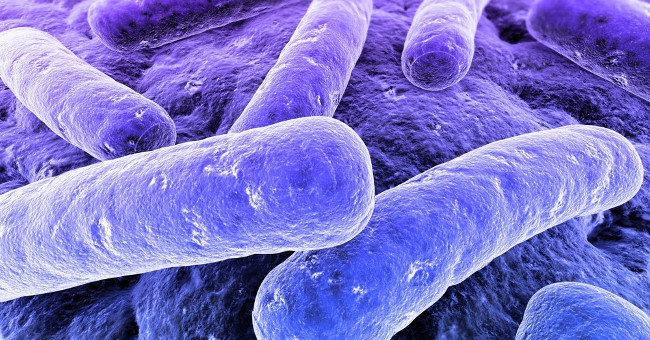Diets high in zinc may increase the risk of infection with C. Difficile
An experiment on mice showed that diets high in zinc were a dangerous premise to promote the production and bacterial toxin of C. colicile colitis .
Previously, C. difficile is a bacterium that causes colitis, manifested through diarrhea, fever, loss of appetite, nausea, and abdominal pain. According to a research report from the C. Difficile Center for Disease Control and Prevention, an estimated half a million people were infected in 2015 in the United States, and 29,000 people died of infections within 30 days. from diagnosis.
The new test from Eric Skaar, Ph.D., pathologist, microbiologist at Vanderbilt University in Nashville and his team showed that a diet rich in zinc increased the risk of bacterial infection. C. difficile colon.
 Photo source: Internet.
Photo source: Internet.
In order to reach this conclusion, the group conducted zinc-rich meals for the mice and conducted a follow-up reaction as well as a continuous analysis of rat droppings for about 5 weeks.
The results showed that the high amount of zinc that the mice absorbed from the feed into the body disturbed and completely changed the microbial system in the intestinal tract of mice.
In particular, more dangerous are many harmful intestinal bacteria that arise and exist, harming the rat intestinal system, including the C. difficile colitis bacteria.
 Photo source: Internet.
Photo source: Internet.
And most dangerous, the amount of unabsorbed excess zinc, which exists in the intestinal tract, the mouse digestive system stimulates colitis bacteria C. Difficile spreads more widely through the surrounding organs and micro-groups. This bacterium also enhances harmful toxins in the gastrointestinal tract. - Dr. Skaar said the Medical News Today page.
Huynh Dung ( According to Medicalnewstoday)